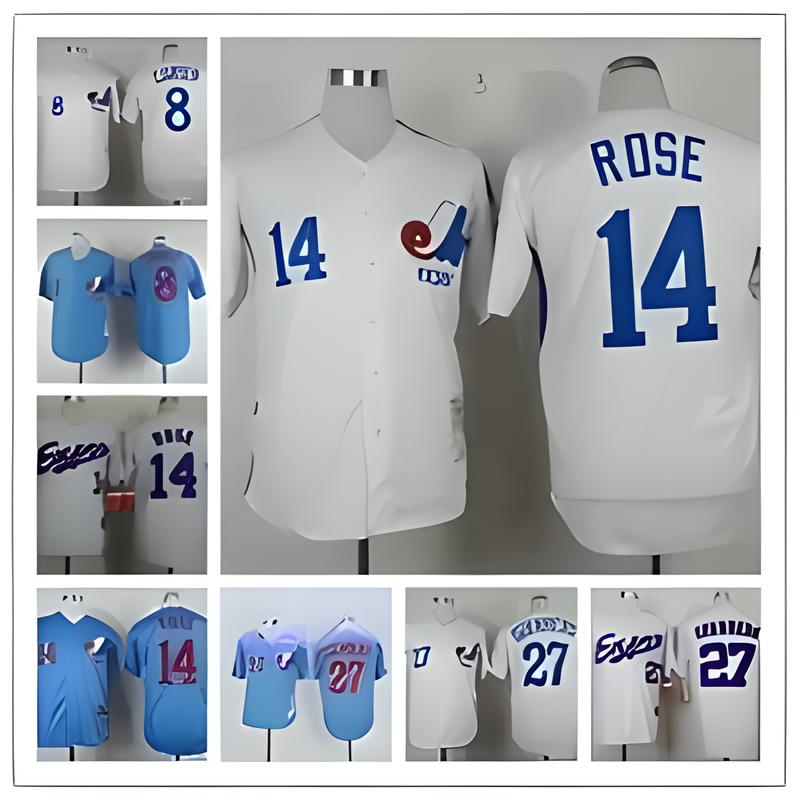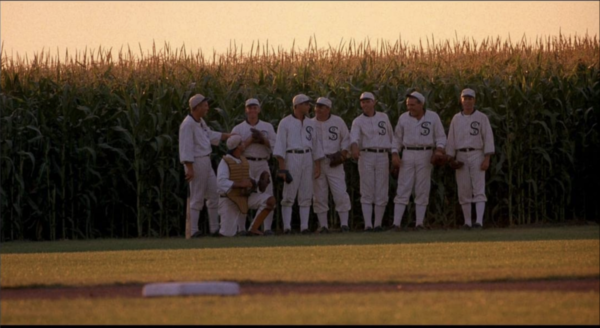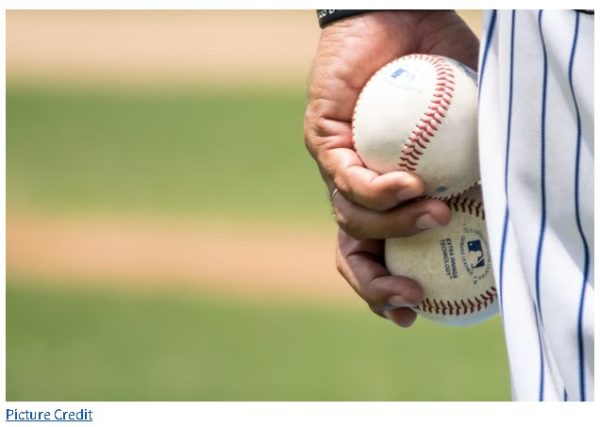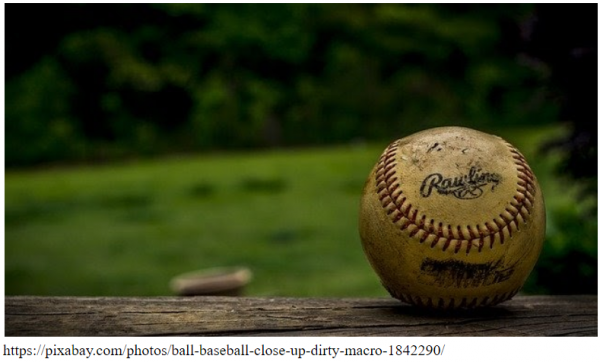
- Image via Wikipedia
Over the past few weeks, you have been reading about Matt Cox’s unfortunate situation as he attempts to play his final year of college eligibility. We are all very sorry that anyone has to jump through these kinds of hoops in order to play a game they love. Matt, like many players, works hard at developing his craft so he can play baseball at the highest level he can. However, Matt’s story is also a cautionary tale of what can happen when a student-athlete makes decisions solely based on their love and desire to play a sport and don’t fully educate themselves on the policies and rules that exist within different institutions and different athletic associations.
Matt Cox was not happy with his baseball situation at Bluefield College. During his sophomore year, he incurred a season-ending hand injury. He was on his third coach in four years. He was unhappy with is playing time. Upon graduation in the spring of 2009, he immediately started searching for a school where he could play his final year of baseball eligibility. However, because Matt “walked” and received his diploma from Bluefield, his options were limited. NCAA rules state that, if a student-athlete graduates from an institution, (s)he cannot transfer and compete in the same sport at another institution if (s)he is pursuing another undergraduate degree. A student-athlete can, however, compete in the same sport at a new institution if they are studying for an advanced degree; for example, a masters or law degree. Unfortunately, Matt was unfamiliar with this rule and chose to transfer to Roanoke College, a school that does not have a graduate program.
Because of this rule, you would think that Matt should automatically be ineligitible for competition. NCAA rules are not unwavering, however. Cox and Roanoke College could have appealed the rule to the NCAA back in the fall in an effort to get him eligible for the 2010 baseball season. However, because Roanoke College did not pick-up on his compromised eligibility until January, Matt was allowed to partake in the fall baseball season, attend classes, and go about his business as a regular student-athlete would at the college. In essence, he lived the life of a fifth-year senior. Matt, his teammates and coaches are now in a wait-and-see mode as the start of their season (a February 12th double-header at Averett University) quickly approaches. As Roanoke Athletic Director, Scott Allison, put it, “we just missed it.”
What does Matt’s prospects look like for being granted eligibility for the season? Well, it’s hard to say. Allison admits that he has “never been through this situation before.” Allison also admits that, having Cox’s medical redshirt paperwork from Bluefield would “complete the packet.”
Unfortunately, Bluefield College cannot locate that paperwork.
Bluefield College Athletic Director, Ewell Vernon, who was an athletic trainer at Bluefield during Cox’s sophomore year, is not sure the paperwork for Matt’s medical redshirt was ever filed. According to Vernon, medical redshirt paperwork is only filed if a player or coach asks for it to be filed and he is unsure if Cox ever made that request. However, Cox is positive he did everything necessary to file the paperwork. According to Cox (who played in three games during his sophomore year and had a total of three at-bats), Bluefield Head Coach Mike White, during a road trip to Georgia, told Cox he wanted a doctor to look at his hand when the team returned to campus. What the doctor found was not good. Cox had separated multiple tendons and partially tore several ligaments in his hand. After discussing his options with Vernon, the trainer gave Cox a single sheet of paper to have the doctor sign when Cox returned to receive a cortisone injection. This single sheet was all the paperwork the doctor had to fill out for Matt’s medical redshirt. When Cox returned to campus after visiting the doctor, he gave the signed paper to then-Bluefield Athletic Director Cheryl Fielitz. From Cox’s junior year on, the Bluefield roster listed him according to his eligibility year in school, not his academic year.
Why is this important? As Allison says, “(The redshirt paperwork) would complete the packet.” If it can be demonstrated that Cox has another year of eligibility at an NAIA institution, that he is in good academic standing at his current school and that not only did he overlook the rule, but his new institution did as well, it is much more likely that the NCAA would penalize Roanoke College with some minor infractions, but let Cox compete this year. However, because Bluefield College does not have a set protocol for dealing with medical redshirt issues, they have created an environment that not only makes tracking records very difficult, but one which also does a great disservice to its student-athletes. Ultimately, Bluefield College puts the onus of medical redshirts on 18-22 year old college students, thereby giving the athletic department administration plausible deniability whenever a case like this comes up. That is not how an institution of higher education should be behaving.
Colleges and universities across the country have academic advisors who help walk students through what classes they should take and what courses they need to graduate. An athletic department should act in a similar fashion. Someone within the athletic department should have been looking out for Matt Cox so that a situation like this did not happen. However, because nobody did, Matt Cox’s appeal to the NCAA is incomplete.
A couple of weeks ago, Roanoke College filed its appeal to the NCAA on Matt Cox’s behalf. What will happen is anyone’s guess. We should find out something in the next three weeks. However, no matter the outcome, Matt Cox’s story is a lesson to all current college student-athletes and those who dream of playing at the collegiate level. It’s easy to point a finger at Bluefield and say they should have his paperwork. It’s easy to point a finger at Roanoke and say they should have picked-up on his eligibility sooner. However, ultimately, Matt’s current situation could have been avoided if he had educated himself, kept copies of his paperwork for his own records and held himself accountable for his own future. Is it a tough lesson? Yes. And it’s even tougher when you’re the one going through it.

![Reblog this post [with Zemanta]](http://img.zemanta.com/reblog_e.png?x-id=39d2fd14-e0a4-4d9a-9d64-fe3faff7b881)








